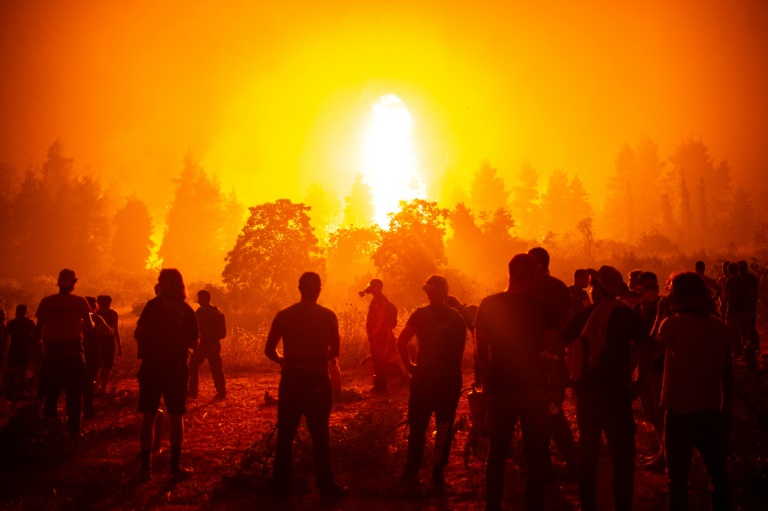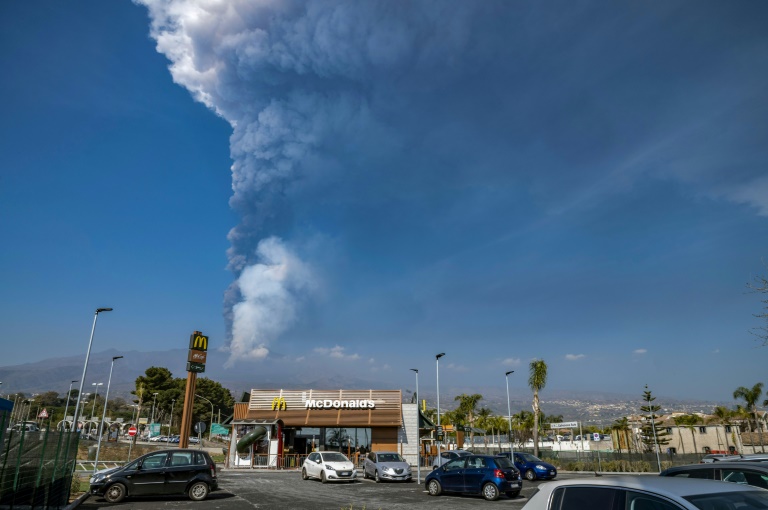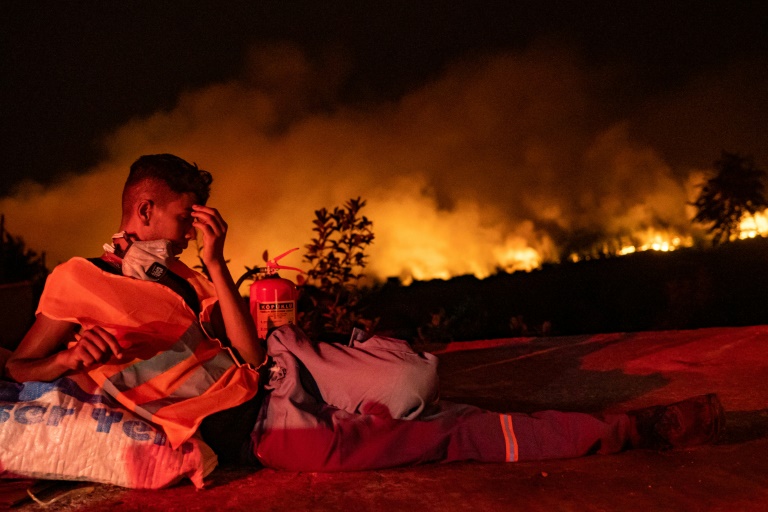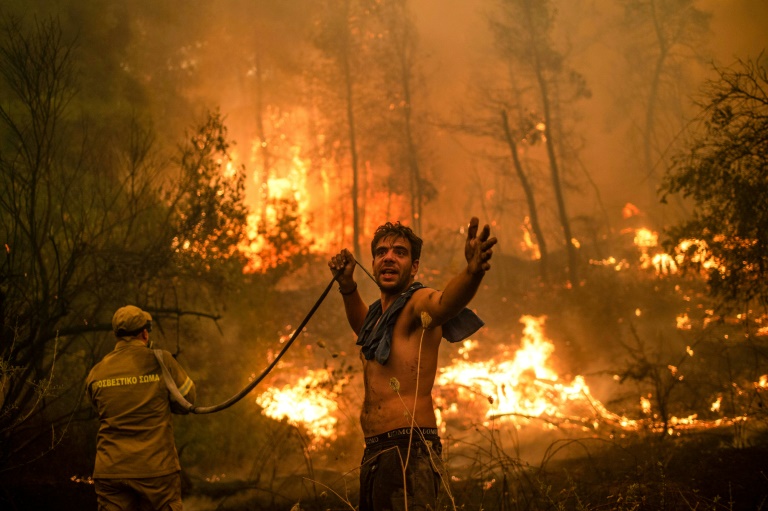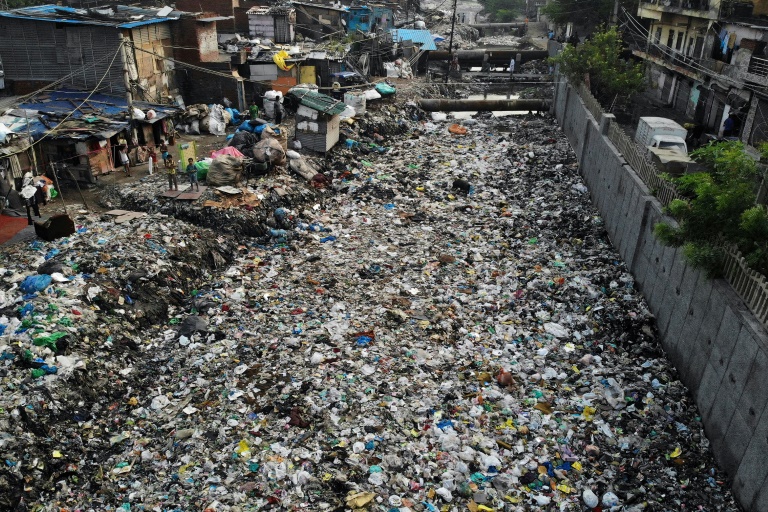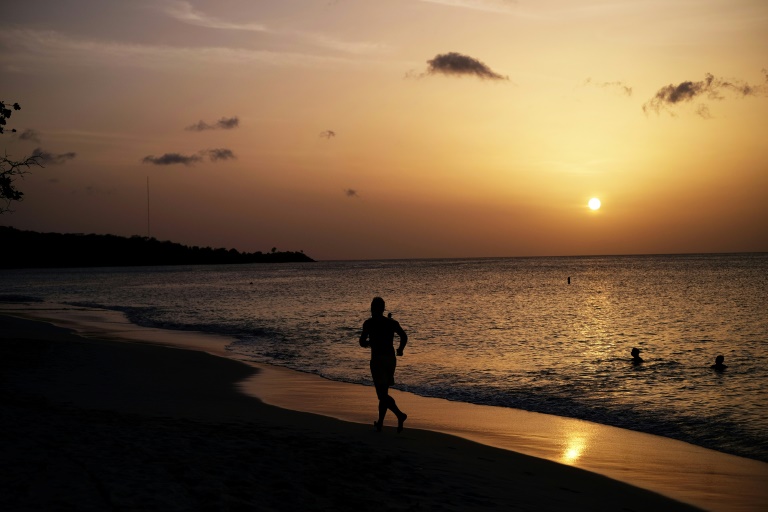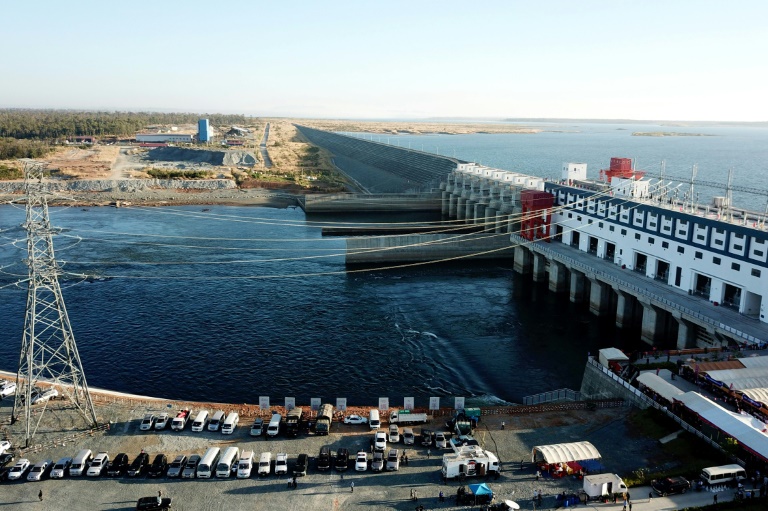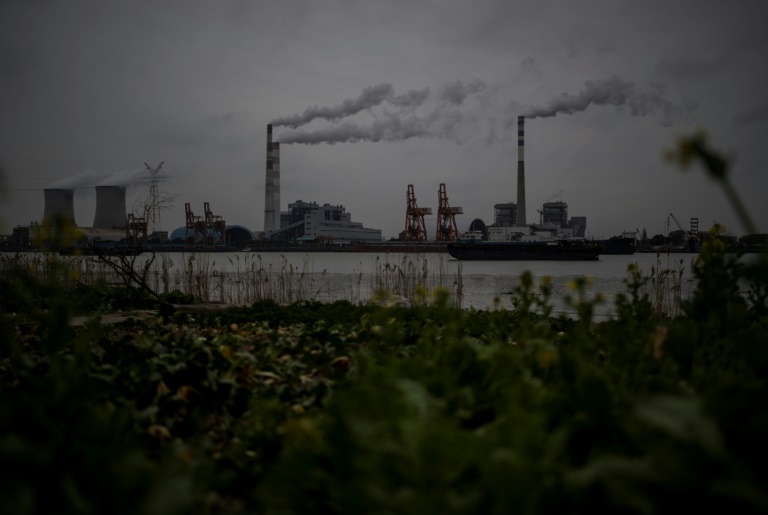Greeks battle to protect town from ferocious blaze
Volunteers and firefighters are workinground-the-clock, often without masks or helmets, in a desperate bid to stop a violent blaze from reaching a key town on Greece’s Evia island, one of hundreds of fires that have raged through the country.
Nearly 900 firefighters, reinforced overnight with fresh arrivals from abroad, were deployed on the country’s second largest island as major towns and resorts remained under threat on Tuesday from a blaze burning for eight days.
Prime Minister Kyriakos Mitsotakis apologised to the nation, saying more than 580 fires had broken out in recent days, exposing Greece to a “natural fury without precedent”.
Weather disasters bulked up by climate change have swept the globe this summer, with a landmark UN assessment published Monday warning the world is warming even faster than forecast.
Hundreds of homes have been lost in Evia, greater Athens, the Peloponnese and other parts of Greece to wildfires since late July, as the region suffers through an intense heatwave.
Underscoring the violent swings of fortune tormenting Greece, fires in the Peloponnese flared anew just an hour after officials said the situation was stabilising.
Residents in 20 small villages in the region of Gortynia were warned to evacuate on Tuesday, with the mayor saying conditions seemed out of control again.
“In the blink of an eye, all control was lost,” mayor Efstathios Soulis told state TV ERT, adding that dozens of villages, agricultural units and businesses were at risk.
“The fire fronts are too many to count,” Soulis said.
The flames have claimed three lives in Greece, while in neighbouring Turkey eight have been killed eight. Several people have been injured, some critically.
Sixteen people have been arrested on suspicion of arson or negligent arson, the police said.
– ‘Where to go?’ –
Much of the attention was focused Tuesday on keeping the fire out of Evia’s northern hub of Istiaia, which has 7,000 residents who had yet to evacuate.
Firefighters and volunteers had been engaged overnight in “hand-to-hand combat, fighting heart and soul” to erect fire breaks outside villages neighbouring Istiaia, mayor Yiannis Kontzias said.
Locals, often in just t-shirts, battled the flames on several fronts, one of which raged out of control.
The Evia force includes hundreds of firefighters from Romania, Serbia and Ukraine. They were reinforced on Tuesday with units from Cyprus, Slovakia and Poland, the civil protection authority said.
The rugged island is popular with holidaymakers and many Greeks have summer homes on Evia. Some 3,000 people were evacuated by sea this past week as the flames neared.
Authorities ordered the evacuation of Asiminio, a coastal village near Istiaia also threatened by flames, on Tuesday.
“Where do you want us to go?,” a woman in her sixties shouted, refusing to leave as helicopters flew ahead.
On the streets, dozens of residents pointed angrily at a Slovakian firefighting truck. “Look, they’re doing all the work. Where are ours? We beg them to come and no one comes,” said Dimitri.
In Avgaria village, many people turned out to help the professionals.
“If we don’t come, who will?” asked Yiannis, a burly man in his 20s. “My aunt’s house burnt down, that of my grandfather almost did too.”
The fire has also wrought havoc on the island’s agricultural economy that included olives, figs and honey, leaving many producers despondent.
Istiaia Mayor Kontzias said “mistakes were made and we need to draw lessons from this”.
“The Greek state must never forget what happened in northern Evia,” he added. “Helicopters helped a lot and if we had done that since the beginning, we would have avoided all this destruction.”
He was echoing a complaint widely heard about the lack of air support not just on Evia but throughout Greece.
Many mayors around the country have complained of a serious lack of aerial support in fighting the fires, despite government assurances of having set aside ample resources.
– ‘Dagger to the heart’ –
“Every lost home is a tragedy, a dagger to the heart,” Deputy Civil Protection Minister Nikos Hardalias said Tuesday, his voice breaking.
In a televised address on Monday, Mitsotakis apologised “for any shortcomings” in the state response.
“We may have done what was humanly possible, but in many cases it was not enough.”
The PM has pledged hundreds of millions of euros in additional funds for civil protection, reforestation and flood prevention.
He was chairing a cabinet meeting on Tuesday to finalise support measures before addressing the press on Thursday.
EU states and other countries have so far contributed 21 aircraft, 250 vehicles and more than 1,200 firefighters, some of whom were due to arrive by Friday.

